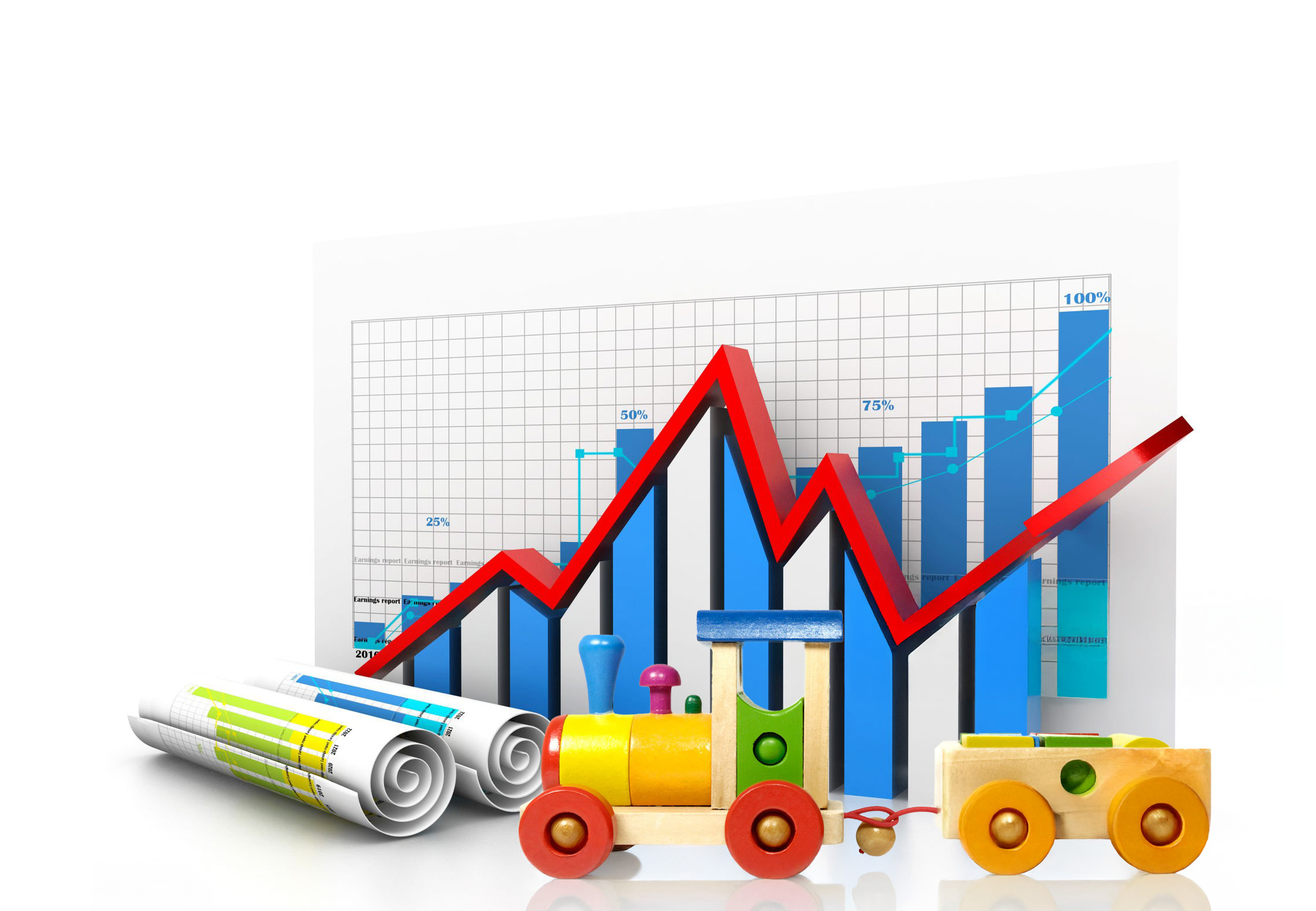Taxation is the process of levying or imposing a tax by a taxing authority that first occurred in Ancient Egypt around 3000-2800 BC. Since then, every adult citizen has been responsible for paying taxes to the state in which they reside. Tax season in Canada is a busy period for everyone as we go through receipts, calculate our work expenses, and review our employment tax slips. When you’re a business leader, the amount of responsibility doubles, as you not only have to file taxes on behalf of the company but also ensure your team members are provided with proper paperwork for personal tax submission. You might not be responsible for the accounting part of this job; however, it is beneficial for every leader to have a basic knowledge of the taxation process, as well as awareness of your rights and responsibilities as a business operator. No matter how big your business is, here are some general tax obligations every Canadian entrepreneur should be knowledgeable about:
Income Tax.
If you are a sole proprietor, meaning the exclusive owner, your business income and personal income are the same, and you must file using the T2125 Statement of Business or Professional Activities form. Your business profit gets added to your personal earnings, such as profits from any other employment, freelance work, or property rental. Your total income from all sources is the final amount you must report , and the tax percentage will be deducted from it. However, when it comes to covering business expenses, make sure to separate the accounts you’re paying with. If you pay for business expenses using your personal account without submitting all the paperwork promptly, be prepared for confusion later when tax season arrives .
GST/HST Tax.
In Canada, based on provincial regulations, most goods and services are subject to GST and HST taxes. If your company’s gross revenue is more than $30,000, you must register for a GST/HST account and charge your customers GST/HST at the time of sale, remitting it to the Canada Revenue Agency afterward. GST/HST is a consumption tax that is collected from customers and reported separately from income tax, which is based on business earnings. You can also claim Input Tax Credit (ITC) to recover the amount of taxes you paid for business expenses.
Payroll Tax.
As a business owner, you are also responsible for deducting payroll taxes from your employees’ incomes and then remitting those deductions, such as Canadian Pension Plan (CPP) contributions, EI premiums, and income tax deductions, to the CRA, along with your own CPP and Employment Insurance (EI) contributions. Ensuring payroll deductions are calculated properly is undeniably one of the most important responsibilities that must be monitored by a successful leader, as it helps maintain trustworthy relationships among management and team members.
Corporate and Provincial Tax.
As a business operator, you are also obligated to pay corporate and provincial taxes. Federal corporate tax must be paid on the profit earned after expenses, and the provincial corporate tax must be paid to the province or territory where your business operates. Small businesses may qualify for a lower rate on both of these taxes on their first $500,000 of income.
Deadlines.
You must be aware of three important tax claims and mark their deadlines in your business calendar: HST/GST filings, payroll remittances, and income tax returns. It is also good practice to remind your team about these deadlines. Make sure to provide your employees with tax forms on time to give them sufficient time for their employment tax claims. The income tax submission deadline in Canada is on April 30th every year, and if it falls on the weekend, the Canada Revenue Agency extends the deadline to the following business day. Late filings and late remittances will cost your company penalties and interest charges. Ensure filing is done on time, even if you are unable to pay on time. In this case , you’re still responsible for interest charges, but you will save money on late submission penalty charges. This is an unnecessary waste of money, so lead your accounting team toward timely filing.
Corrections and Updates.
Mistakes happen, and it is possible to correct them after submission. For instance, if you forgot about a specific deduction or credit, you can still return to your CRA Business account and modify your tax return. When it comes to incorrect payroll remittances, you must submit any underpayments as soon as possible; if you overpaid or paid for the wrong period, contact the Canada Revenue Agency to request a refund or credit.
Remember, the inflow and outflow of money should be monitored year-round, and as a leader, you must ensure that your business keeps records of every transaction, maintains all receipts, and knows about due dates when filing different types of taxes. You can’t claim what you can’t prove with records, so be smart when it comes to paperwork organization. Also, do not miss out on any eligible benefits and tax credits that might support your business, such as the Canada Carbon Rebate for Small Businesses or the Apprenticeship Job Creation Tax Credit. Hiring a knowledgeable accountant is very important; however, understanding these tax basics will benefit your business leadership style.
Viktoriia Kolomiiets | Writer




















